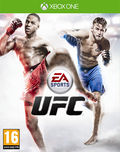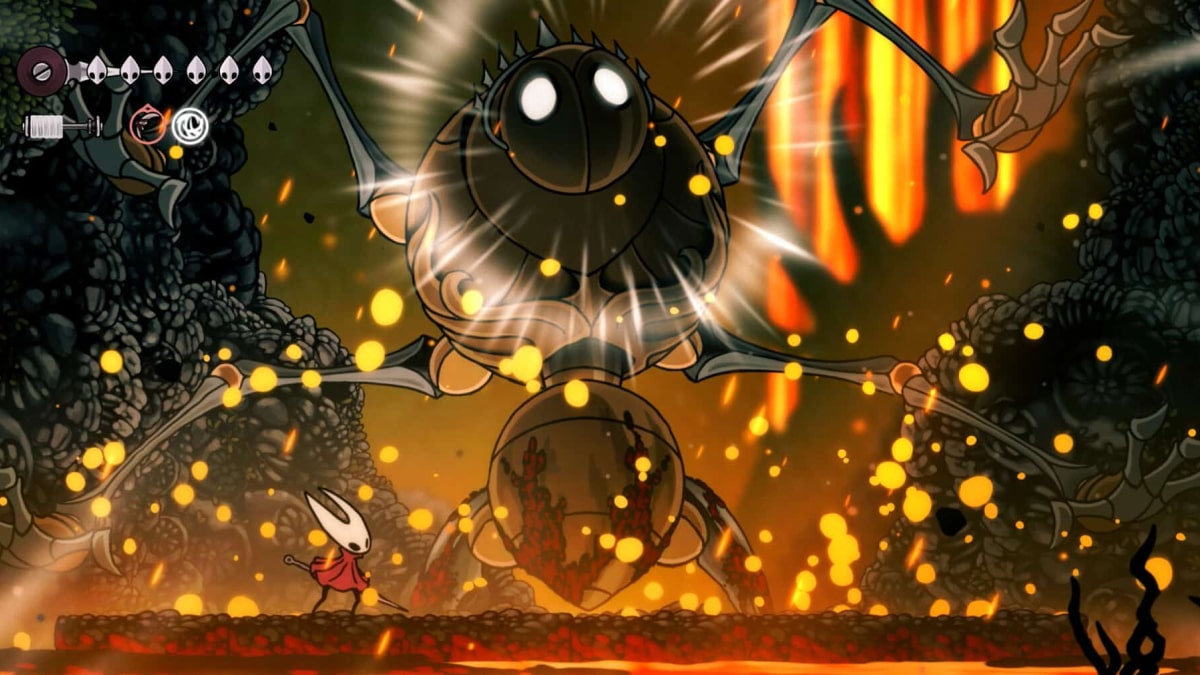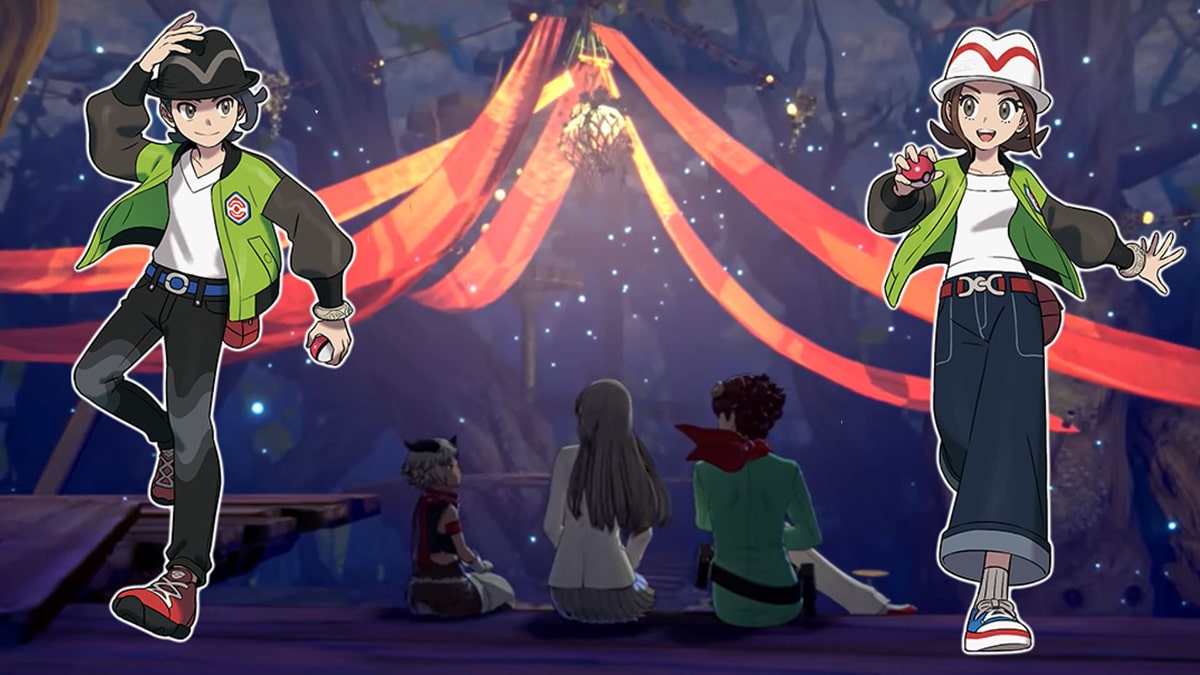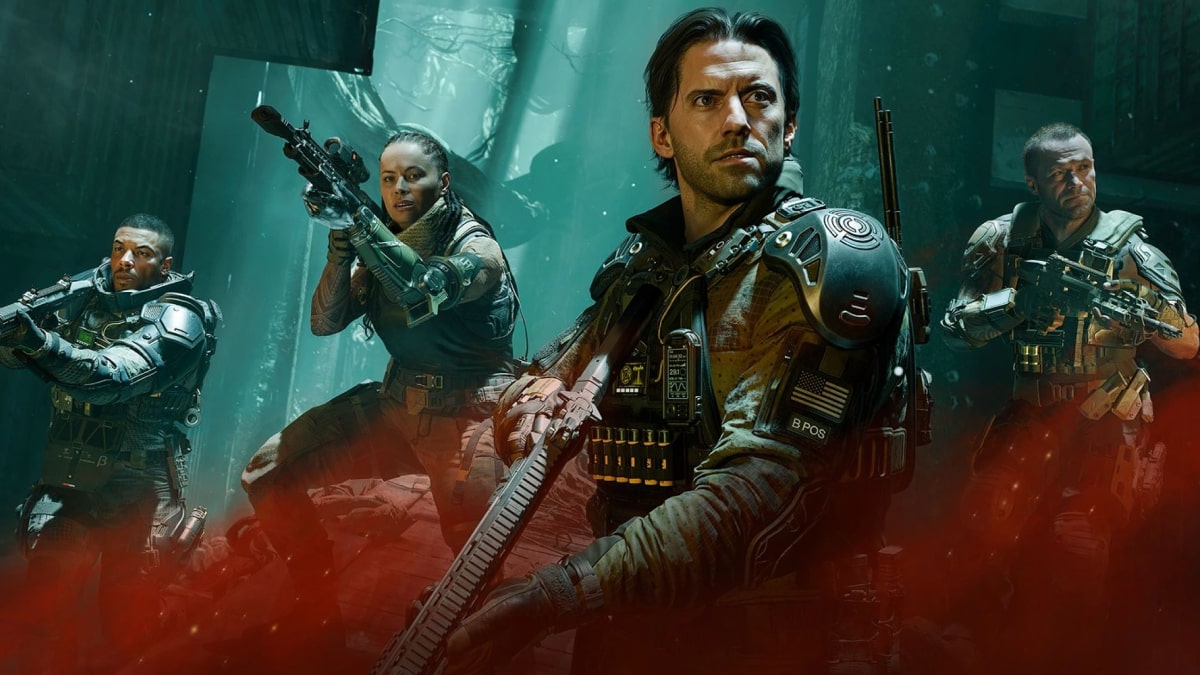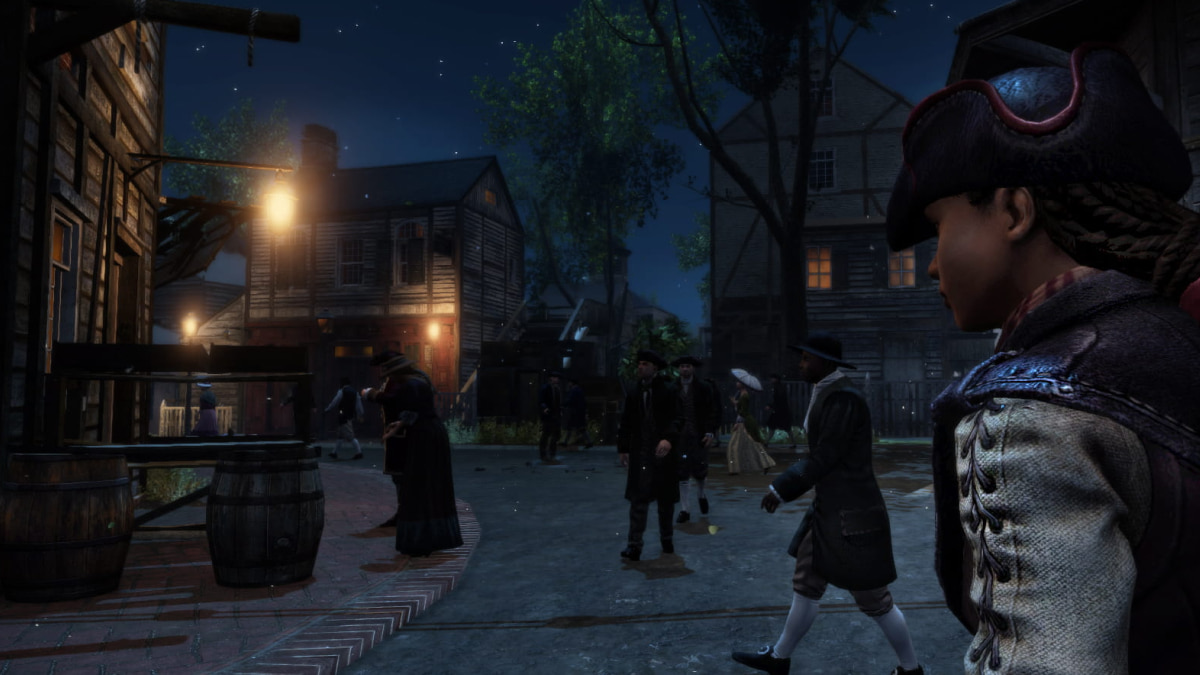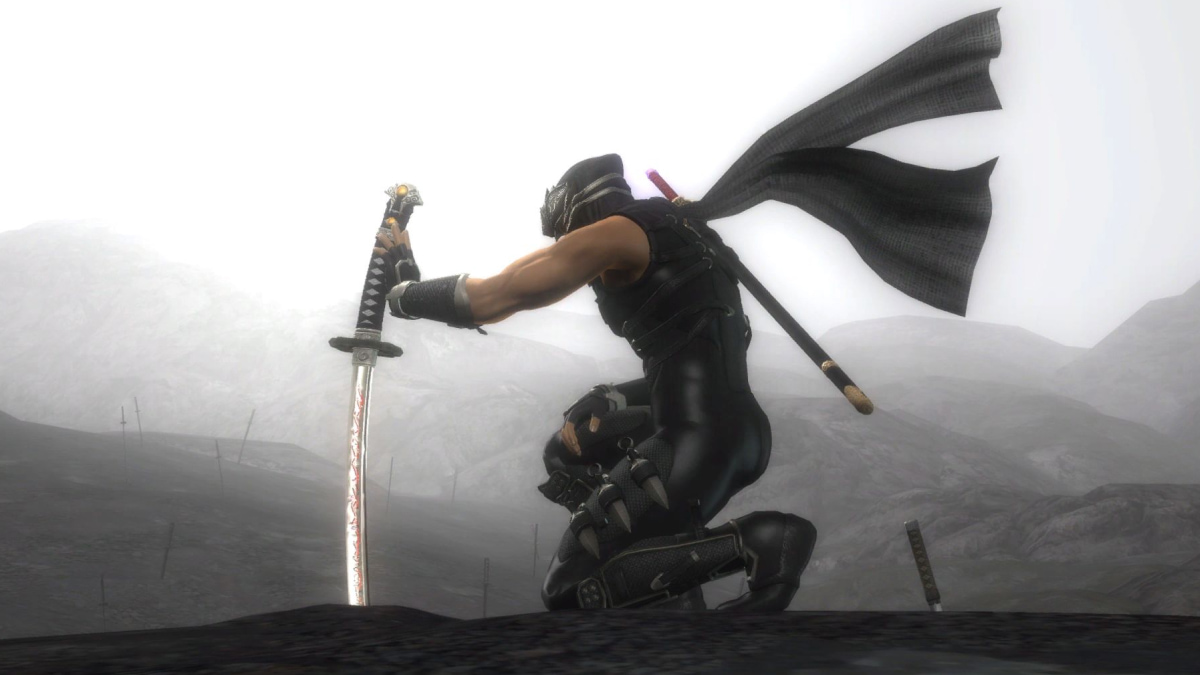You can trust VideoGamer. Our team of gaming experts spend hours testing and reviewing the latest games, to ensure you're reading the most comprehensive guide possible. Rest assured, all imagery and advice is unique and original. Check out how we test and review games here
Bruce Lee will be in EA Sports UFC, which is surely one of the more unique and interesting character choices in a sports game for some time.
To learn more, Brett Phipps chatted to his daughter, Shannon Lee.
VideoGamer: What was your first reaction when EA asked to use your dad’s likeness in the UFC game?
Shannon Lee: Well, I was really excited. I thought that this would be a really fun opportunity. You know, there’s always been a raging debate amongst martial artists and fight fans [about] how would my dad have done in the Octagon and I know that he didn’t compete in real life , but it’s still a fun thing to think about and surmise, and now people are going to get to experience that first hand and it’s such a fun opportunity.
I was really thrilled by the possibility of, you know, getting to bring my dad back into video games and in a really fun sort of, fantasy, martial arts way. So I’m really excited.
VG: You mention there was some controversy or negative reaction once the announcement was made, did that surprise you?
SL: You know, I think that some of those people, that if there’s any kind of negativity, it comes from a place of misunderstanding. I think that some people who don’t know my father and his legacy may think that he was just an actor and not a true martial artist, but the truth of the matter is that he was a martial artist first and foremost, that he practiced many hours every day, that he really fought and sparred and had fights with people, that he wrote volumes and volumes on his ideas on training and technique and philosophy and that, you know, martial arts really consumed him and he was a person who put that into everything that he did. I think some people might think “oh well, he was just an actor, what is he doing in a fight game with these real fighters?” but the truth of the matter is he was a real fighter and a real martial artist.
Secondly, you know, some people who are purists who say “oh well, Bruce didn’t ever compete in real life” and I guess all I have to say to them is this isn’t real life! This is a video game and as far as I’m concerned this is a chance to have some fun, to get to play, you know, Bruce Lee, if you’re a fan or Bruce Lee and I just think it’s a terrific opportunity. I mean nobody liked to have fun more than my dad, he loved to have fun. So I think he would have thought that this was a really fun opportunity.
VG: It’s surprising that this is the first time your dad has appeared in a game for quite some time, I’d imagine you’ve had quite a few requests from developers to feature your dad in their games.
SL: You know, the truth of the matter is, that only up until 2012 I actually did not have control over the video game rights as they were, for my father. We had an exclusive deal with a representative for those rights and they made one game back in 2004 that was not very well received and then they just never did anything with it until then so I’ve only recently had the ability to put my father into a game and this opportunity came about and I just thought it was an excellent foray into the video game world.
VG: What do you think of your dad’s in-game character?
SL: You know, I think he looks great, I think they did a phenomenal job, especially without having a real person to work off of. We did happen to have a life mask of my father, my father had a mould of his face done back in the sixties when he played Kato in the Green Hornet so that they could make the mask for that character. So we happened to have a mould of his face, and we sent it to EA and they scanned that, and then they built the rest of him, you know, out of thin air really! And honestly, I think they did a phenomenal job.
VG: Your dad was one of the greatest martial artists to ever live, so to be put in a game amongst fellow fighters, he has to be up there with the best and possibly the top rated fighter in the game, right?
SL: He’s definitely very highly ranked. I haven’t had a chance to go through every single, you know, fighter and how they stack up compared to everybody but [Bruce is] definitely highly ranked. He’s got some great attributes in the game which I think are true to life like exceptional speed and you know, those types of things, exceptional strength especially for his size and I think it’s really fun that you have the opportunity to play as him at a few different weight classes and so there’s a wide range of people that he can fight and I think that it’s a lot of fun.
VG: Was there any dialogue between yourselves and EA during the development process? There aren’t many Jeet Kune Do practitioners in MMA at the moment, and Bruce created the art, so did you discuss how the style played out in the game?
SL: There was tons of dialogue throughout the whole process, and I have to say EA was really great. They listened and took to heart everything we said, they made changes when we requested changes and you know, obviously [EA] couldn’t replicate his entire style and every single move for the game, but we were able to put in some key moves that are reflective of that such as the straight lead and that sort of thing and have him do some offensive defence moves, which is very JKD. So we were able to put those types of things in there and were very happy with the result.
VG: You say you requested changes, was that more stylistic changes or how your dad looked?
SL: You know, it was all the way round. We would say “you know, his chin’s a little too long” or can you fix this, or give him a little more definition in his musculature. So everything from that to he was a strong-side forward fighter, which would traditionally be called a southpaw, so make sure he was turned the right way and that kind of stuff.
VG: You’re now going to be able to watch your dad fight in the game, but have you ever spoken with your mum about what it was like for her watching him fight?
SL: Yeah, you know it’s so funny, my mum says, especially in that instance [we briefly discussed the fight in which Bruce was challenged for teaching kung fu to non-Chinese students in San Francisco] because she was there during that encounter, that she never, ever once worried about whether he would win, whether he would get heard, that she had just absolute, ultimate confidence and faith in his ability. She just knew that he was going to win and perform well and I’m sure that came from him as well, he was an extremely confident, self-sufficient person, and so she said she never had any problems about it. And [Linda, Bruce’s wife] was very used to it, you know, my father taught lessons in our backyard, he had schools but he also had certain students he would train in our backyard. So there were men fighting each other nonstop around our house and all sorts of stuff and they would put on their pads that they made out of various equipment and things and they would spar, all-out in the backyard. So [Linda] has seen a lot of fighting in her day and it never bothered her.
It’s funny, my brother [Brandon], you know, was a little kid and he knew this little boy who was his best friend and [Brandon] would always go over to his friend’s house to play and one day my mum called over there and said “why don’t you have Luke come over to our house?” and her mum said “my son is afraid to come over to your house, there’s always men beating each other up!”
VG: As you were growing up, when did you suddenly realise how important your dad was?
SL: You know I think that that sort of relationship with my father’s legacy is one that has always been sort of shifting and changing a bit. When we were kids, certainly, we knew that he was a martial artist, when he was alive, and that he made movies, we would go and visit him on the set and when we lived in Hong Kong we knew his movies were very popular. My dad was really my brother’s hero and they trained together and we all played together all the time, and we were very much around and involved in everything that he was doing.
After he passed away obviously Enter the Dragon came out and that was a huge success, and there was this sort of “well, who is this person?” and then his Hong Kong movies came across to the States and so in the 70s Game of Death came out and I remember I got to ride in a limousine for the first time to go to a premiere for a movie and that was very exciting, all that kind of stuff. So I guess we always knew that he was somebody, but I think that that relationship has changed over the years because, now that we’re more than 40 years out from his passing and his legacy is still so strong and now you can really see the impact of his philosophies and the way he lived his life and you know, the kung-fu movies were sort of a way of life for us when we were kids, but we didn’t realise that he sort of bringing the genre to the west and opening the west up in that way and that he influenced so many people to then, from that, study martial arts and get into training and get into pursuing a variety of different paths and that he was such an inspiration.
Now that we’re that far away, and I can see all of that, it’s amazing, it’s really quite phenomenal. I meet so many people who say “oh my gosh, I decided to study martial arts because of your dad” or “oh my gosh, I decided to get into filmmaking because of your dad” or “I decided to study bio-mechanics because of your dad” and I’ve had people tell em that all over the world. The fact that his reach is truly global is pretty phenomenal so I guess I’m just always kind of in a constant state of reference and that reference is always change as to what the impact his legacy has been.
VG: You mention the impact his legacy has been in cinema, bridging the gap between east and west, and it’s true that we’re seeing that now in eastern cinema when films such as Ong Bak and the Raid become popular in the west, articles begin to pop up asking “is this the next Bruce Lee?” and the actors themselves say they watched your dad’s films when they were kids, so do you see if even more so?
SL: Oh, for sure. you know it’s interesting, I see so much influence in all sorts of films, you know I see small subtle things that people do to imitate him in like Kill Bill and then also my father was very responsible for the shift in martial arts films from fantasy to reality, like the style of fighting being one that’s more realistic rather than people flying through the air on wires, my father really didn’t care for that type of film back in the day. So he was really all about, even in filmmaking and in fight choreography, making it as real as you could and keeping it entertaining, and he was really responsible for bringing about that shift in martial arts film.
Nowadays every action film, whether it’s martial arts or not, has martial arts in it. Every action star is a martial artist to some degree, and I think there’s a lot of direct influence that comes from my father.
VG: Do you mind talking a little bit about the Bruce Lee foundation?
SL: The Bruce Lee foundation is a public charity and it aims to preserve and perpetuate my father’s legacy and we do that primarily through more educational means. We have a scholarship fund and you know my father really believed in education, even though he didn’t graduate from college himself, he always considered himself the eternal student and he educated himself constantly regardless of whether he was actually in school or not. So part of the reason behind having a scholarship fund is wanting to help give those people access to education who want it and so we do that. I do a lot of talks at schools and things like that and all of that for me is about continuing that message of inspiration, sharing with people the totality of my father’s legacy who might not know that he was amazingly well-read, that he was an amazing philosopher, that he wrote tons of pages and he came to this country with just $100 in his pocket and got his GED and went to school and studied and trained and taught and was discovered and created this path for himself and created his own art form.
He just had this amazing philosophy of self-actualisation. Our big goal is to build the Bruce Lee museum and we’ve been working on that for a few years now and we really want to create that home for the legacy where people can go and encounter the different types of forms of action that my father took in his life, whether it was social and cultural, philosophical action in terms of martial arts. He was a renaissance man who created his own equipment who was always creating and was so curious, he just wanted to cultivate himself and push himself and stretch the boundaries of his mind and his ability to the greatest extent possible, and I think that’s the message, the pearl of everything that I want to continue to express and make sure remains alive for generations to come.
EA Sports UFC
- Platform(s): PlayStation 3, PlayStation 4, Xbox 360, Xbox One
- Genre(s): Sport
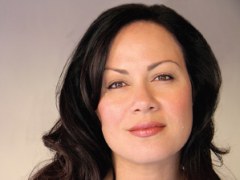
/https://oimg.videogamer.com/images/8bbe/ea_sports_ufc_17.jpg)
/https://oimg.videogamer.com/images/3568/ea_sports_ufc_16.jpg)
/https://oimg.videogamer.com/images/a746/ea_sports_ufc_15.jpg)
/https://oimg.videogamer.com/images/4029/ea_sports_ufc_14.jpg)
